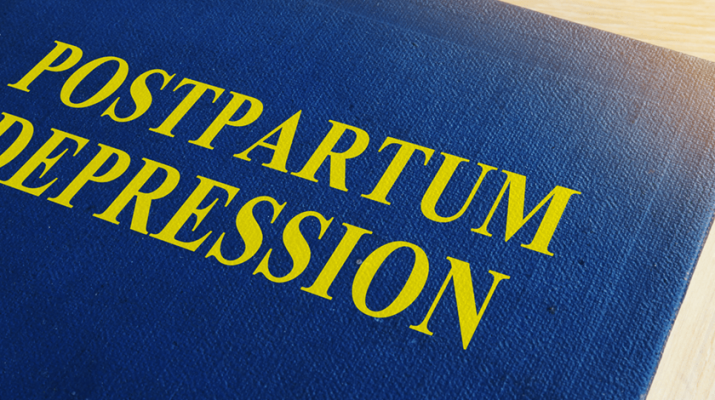By Deborah Jeanne Sergeant
Social media portrays bringing home a new baby as a magical time of cuddles, snuggles and adorable baby photo ops.
While some of that is true, it’s also messy, exhausting and life-changing.
The changes that take place in a woman’s body, schedule and life can contribute to risk of post-partum depression, especially but not limited to women who are already at risk for depression.
No woman is to blame for developing post-partum depression. The hormonal changes inherent to pregnancy can trigger it unexpected; however, some controllable factors can help lower the risk for many women.
Breastfeeding the baby can help moms reduce risk for post-partum depression.
“It promotes a bonding experience when a woman breastfeeds the baby as soon as possible after the baby is born,” said Jennifer Lombardo, owner of Buffalo Doula Services, LLC, certified labor doula, breastfeeding educator, and postpartum doula.
In the initial hours after breastfeeding, the mom’s body releases oxytocin, a hormone that causes the uterus to begin returning to its normal size. This helps control post-partum bleeding and kicks off the mom’s recovery.
Breastfeeding doesn’t always go that way. For some moms, breastfeeding is painful and difficult. They may struggle with milk supply or helping baby latch on. Lombardo said that for many women who struggle, more breastfeeding support and education can help them nurse successfully.
Women should reach out to a lactation consultant before delivery so they have an established resource ready.
Since babies don’t have a circadian rhythm for at least three months, they often awaken during the night. They also need to eat at night. Though babies sleep a lot, they waken every few hours around the clock.
Lombardo advises moms-to-be to create a post-partum plan.
“We plan so much for pregnancy, but not that part,” she said. “It is so hard to forget that after baby comes, you’re exhausted and sore and you need to recover from that. It can be a very difficult time. Your hormones are all over the place.”
Well-meaning friends and family come by, but are more interested in the baby than practically helping, unless moms plan ahead. A suggested list of things that could help may let visitors know that folding some wash or holding the baby awhile so mom can sleep can provide a much-needed break.
“Don’t be afraid to set up a meal train after you have a baby,” Lombardo said. “When someone asks what they can do, send them to the meal train online, like www.mealtrain.com.”
The site organizes food drop-off, tasks to be done, rides and more, all without the expectation of stopping in as a guest–which puts more burden on a new mom.
Njeri Motley, certified birth doula with Birthing Center of Buffalo, also encourages moms-to-be to plan for not only their delivery, but also the first few months post-partum.
“They should think about this prior to birth, especially if they have no family,” Motley said. “People rely on that. That’s why the Medicaid reimbursement program can help, as families have the ability to have a doula.”
She said that in addition to providing assistance like light housekeeping and childcare, doulas can also “help you realize the different emotions your body and life experiences.”
“The doula can give the mom resources. There’s a relationship of trust and they tend to follow through with what the doula tells them to do.”
She said that that kind of emotional support can help new moms who are struggling with the “new normal” of mothering a newborn.
Lombardo said that family and friends are usually the first to notice signs of post-partum depression. They go beyond the two weeks post-partum of “baby blues,” a normal phase when hormones and schedules are adjusting, and reflect a longer period of persistent feelings of sadness, anxiety, hopelessness and crying.
“They need to seek help at that point,” Lombardo said.
Anyone who experiences symptoms of depression should seek medical attention and anyone with thoughts of harming herself or anyone else should seek emergency medical help.

